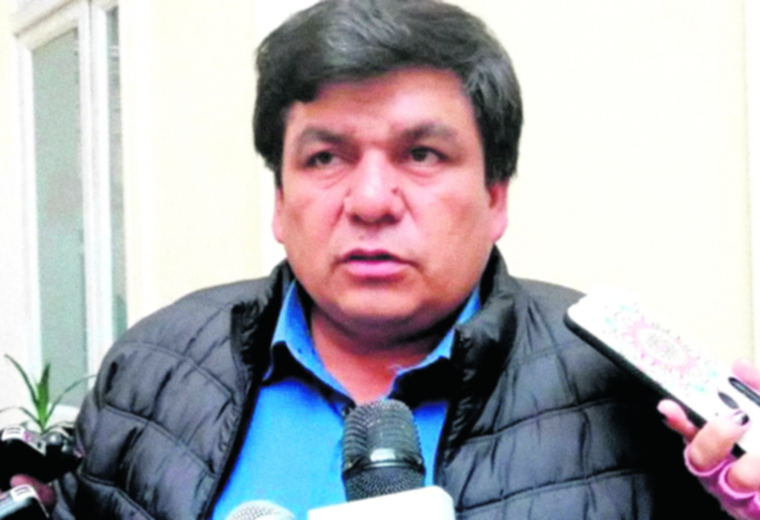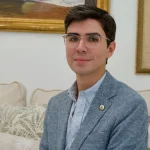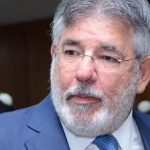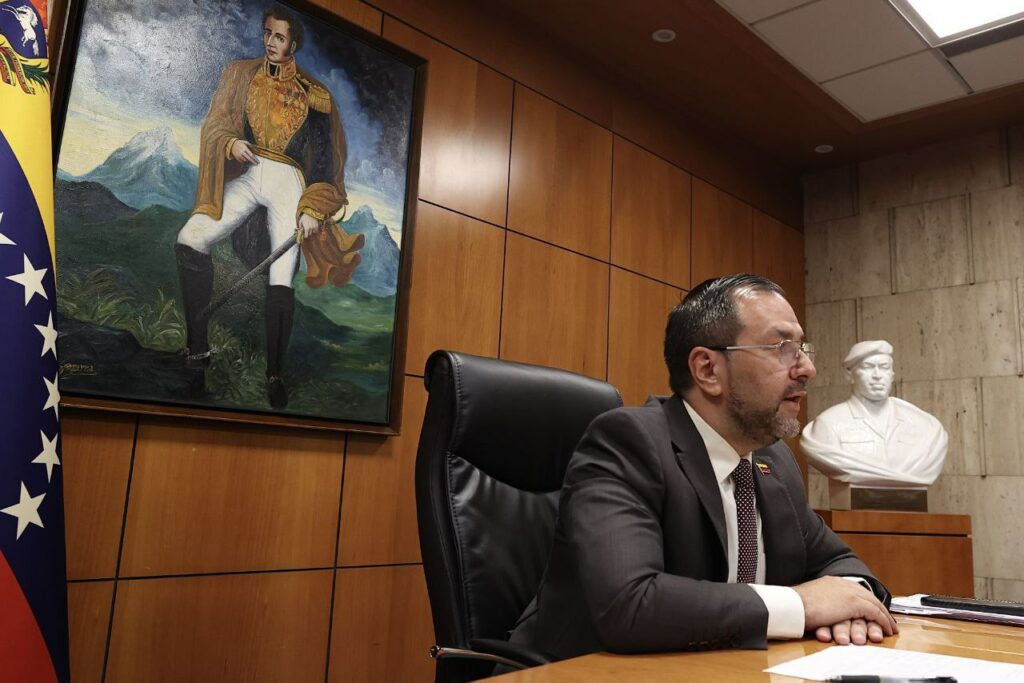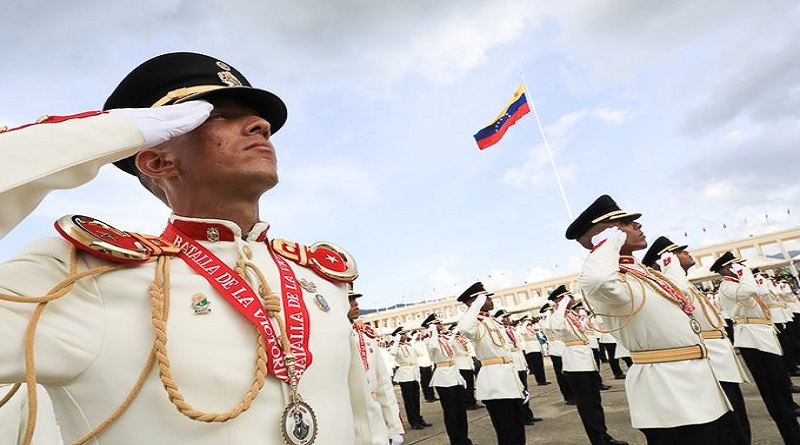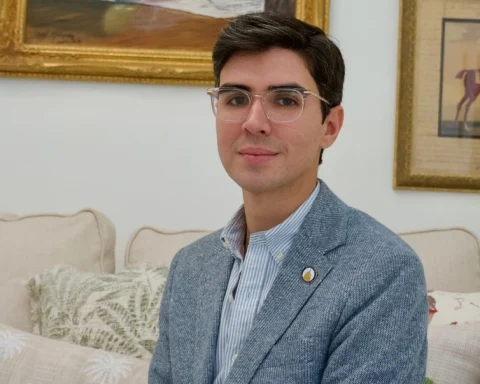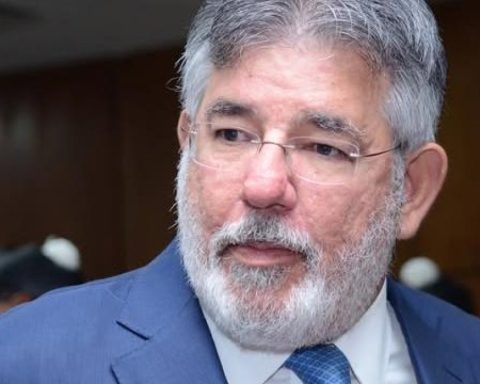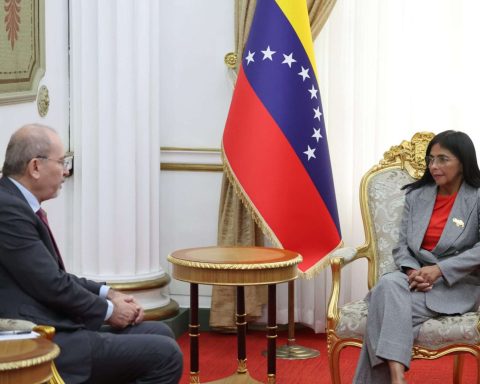July 9, 2023, 6:00 AM
July 9, 2023, 6:00 AM
As a result of the declarations of two deputies, in relation to the fact that Evo Morales asked the Central Obrera Boliviana (COB) to demand his resignation in 2019, not only was the idea of a struggle between evistas and arcistas reinforced, but new revelations emerged . One of these is that of Omar Aguilar, a former MAS-ISP senator, and one of the actors during that political crisis.
According to him, in that turbulent period it was a civilian, Luis Fernando Camacho, who was in charge, and not Jeanine Áñez.
He said that the negotiation between the current governor of Santa Cruz with the Police and the Armed Forces was a fundamental element, and that surely at that moment Evo Morales, in the analysis and strategy, made the decision to request his resignation. “If someone wants to hold on to those statements to say that it was a self-coup, it is his right; there are people who want to bring water to their mill, ”he opined.
Likewise, he called on Tuto Quiroga, Samuel Doria Medina, Carlos Mesa, and other politicians who were at the meetings of the Bolivian Catholic University (UCB) to tell the truth, and to explain if the departure of Evo Morales was really negotiated, after his resignation in Chimoré.
“It is the fundamental element to deduce that Adriana Salvatierra, Víctor Borda, worse some other member of the MAS bench, assumed the presidency of the Senate, to later assume the presidency of the Assembly, and of the Plurinational State,” he said.
Aguilar believes that, if Jeanine had waited a couple of hours, or a day more, in the adverse conditions that the country was experiencing, when “it was a crime to say that you were from the MAS, she could even have been elected by the MAS bench, and I say so openly because we talked with the senators, and we said ‘let Jeanine take over or they’re going to kill us,’” he recalled.
He also clarified that at that time there were the four topics of debate between the MAS and the opposition: the election law, the guarantee law, the release of the leaders from prisons, and the legal status of the MAS-ISP.
“Arturo Murillo and the Government of Jeanine were determined to annul the legal status, and they could do whatever they wanted because the MAS had absolutely no support from anyone,” he acknowledged.
The former legislator confessed that, while the media reported that they were looking at the electoral roll, in reality that was not the underlying issue, “but that Evo Morales wanted to be a candidate and there was no way to enable it. We concluded that it was impossible because the country would burn again and there would be mourning and blood,” he added.
When they let Morales know that his candidacy was unfeasible, Aguilar said that he resigned himself, but that he made a request, not to neglect the legal status. “In exact words, he said that if they eliminated the legal status, they were going to ban us,” he acknowledged.
According to Aguilar, in a moment of revelation, when no one stood up for the masismo, and the representation was in danger, the military and the police took off their wiphala letterheads, and El Alto mobilized, but for a patriotic symbol, not for an acronym. He seized the moment.
“I came up with the strategy of how to save the legal status, that’s why I say that the friends of the MAS owe me their legal status,” he stated, and recalled that it occurred to him to tell the new government that if it continued with the logic of annulling the MAS, that The party would not continue in negotiations, there would be no elections, and the people of El Alto would take to the streets, like the social organizations, to march and convulse, in defense of the personería.
“But obviously it was false because at that time all the leaders of the organizations were in hiding,” he was honest.
Despite the risk, Aguilar celebrated that it was favorable to them, because after a quarter intermission the opposition actors accepted the non-annulment of legal status; They did not want more convulsion, and the MAS-ISP was enabled for the 2020 elections. “This is how we would make the elections law viable, agreed upon,” he said.
At the end of the interview, Aguilar called on politicians, authorities, and citizens to understand that the crises of 2003 and 2019 cannot be repeated, and that above all, the mechanisms for dialogue must be exhausted, to avoid bloodshed and mourning.
“After the 2019 crisis, several laws were unanimously approved. To all my former colleagues from the three benches, feel proud because that Legislative Assembly returned democracy to the country, the freedom we enjoy today, and political power to the MAS, for which Luis Arce is president today,” he added.
